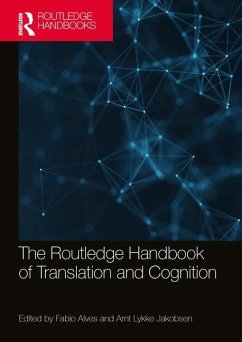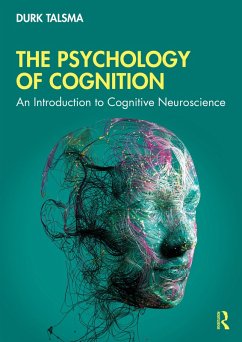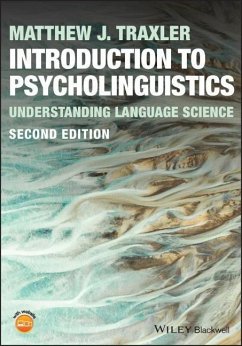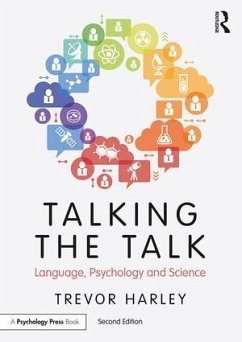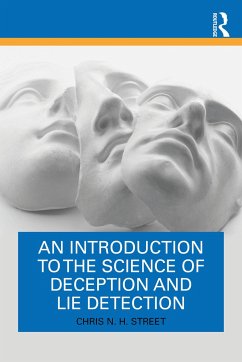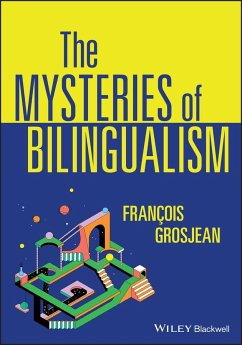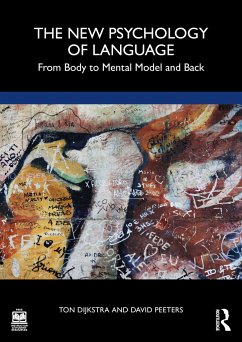
Where Language Meets Thought
Selected Works of Ellen Bialystok
Versandkostenfrei!
Versandfertig in 6-10 Tagen
144,99 €
inkl. MwSt.
Weitere Ausgaben:

PAYBACK Punkte
72 °P sammeln!
In the World Library of Psychologists series, international experts present career-long collections of what they judge to be their most interesting publications - extracts from books, key articles, research findings, and practical and theoretical contributions.Ellen Bialystok has published widely in the field of cognitive development and decline across the lifespan. Her research uses behavioral and neuroimaging methods to examine the effect of experience on cognitive and brain systems with a focus on bilingualism. Her discoveries include the identification of differences in the development of ...
In the World Library of Psychologists series, international experts present career-long collections of what they judge to be their most interesting publications - extracts from books, key articles, research findings, and practical and theoretical contributions.
Ellen Bialystok has published widely in the field of cognitive development and decline across the lifespan. Her research uses behavioral and neuroimaging methods to examine the effect of experience on cognitive and brain systems with a focus on bilingualism. Her discoveries include the identification of differences in the development of cognitive and language abilities for monolingual and bilingual children, the use of different brain networks by monolingual and bilingual young adults performing cognitive tasks, and the postponement of symptoms of dementia in bilingual older adults. In other studies, she has investigated the effects of bilingual education on children's development and the cognitive and brain consequences of bilingualism in older adults.
Including a specially written introduction, in which Ellen Bialystok reflects on the role that language plays on thought, this collection will serve as a valuable resource for students and researchers of psycholinguistics, developmental psychology, and applied linguistics.
Ellen Bialystok has published widely in the field of cognitive development and decline across the lifespan. Her research uses behavioral and neuroimaging methods to examine the effect of experience on cognitive and brain systems with a focus on bilingualism. Her discoveries include the identification of differences in the development of cognitive and language abilities for monolingual and bilingual children, the use of different brain networks by monolingual and bilingual young adults performing cognitive tasks, and the postponement of symptoms of dementia in bilingual older adults. In other studies, she has investigated the effects of bilingual education on children's development and the cognitive and brain consequences of bilingualism in older adults.
Including a specially written introduction, in which Ellen Bialystok reflects on the role that language plays on thought, this collection will serve as a valuable resource for students and researchers of psycholinguistics, developmental psychology, and applied linguistics.





